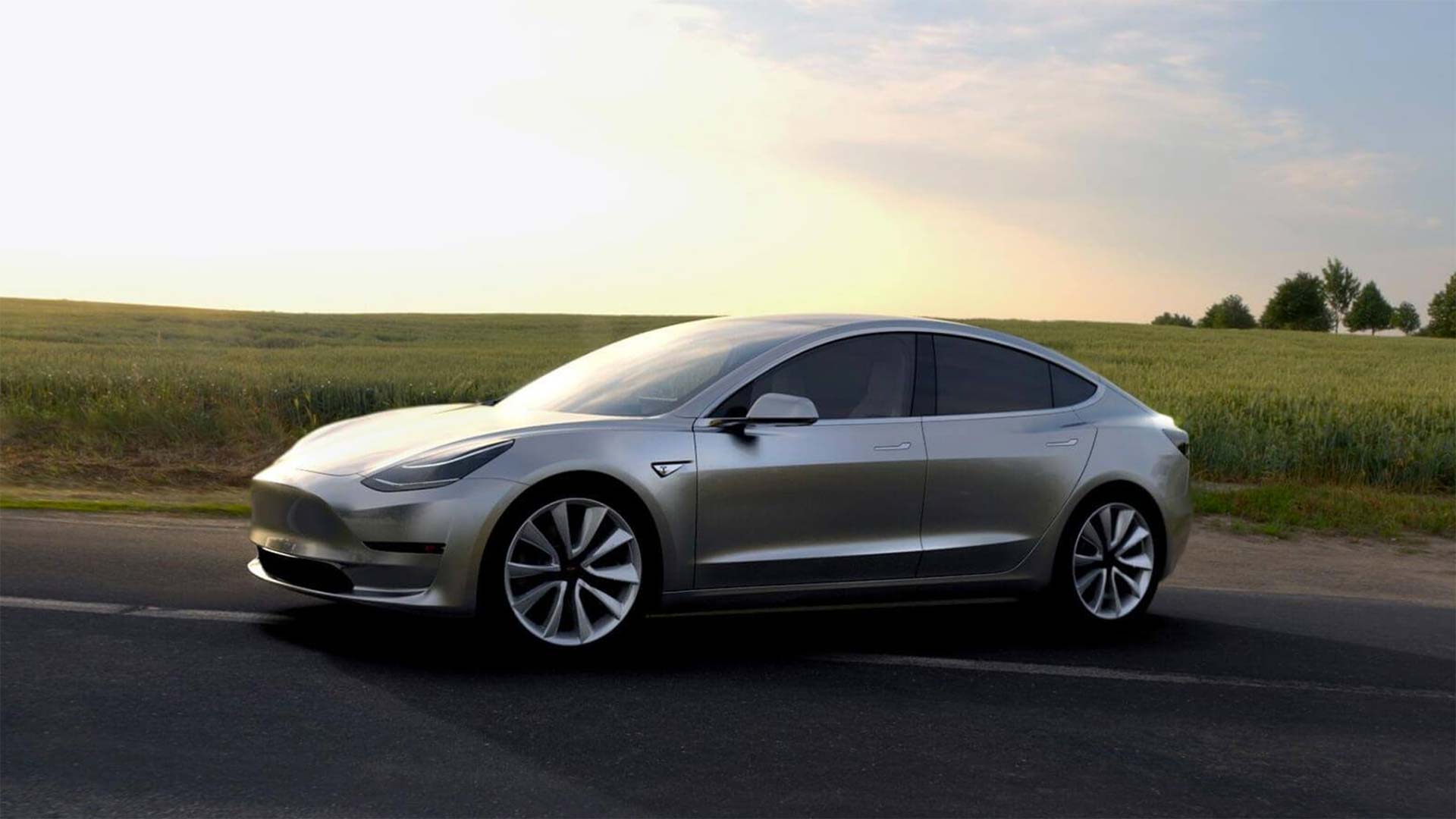

One of the major criticisms of hybrid and electric cars has been that the batteries are extremely expensive to replace when they wear out, a problem that cars powered by internal combustion engines don’t have. But InsideEVs reports that a number of Teslas have accumulated far more miles than their gasoline-powered counterparts typically do.
The highest mileage Tesla known to InsideEVs is a Model S P85 that has racked up more than 420,000 miles and is still going strong. A Model S P90D is close behind with 410,000 miles. The Model X is up there, too, with four known cars well over 200,000 miles, two of those over 300,000.
A gas-powered car, on the other hand, is generally considered to near the end of its usefulness at around 200,000 miles. I bought my 2003 VW Jetta Ute project, for example, for just $600 with 244,000 miles. I had no qualms whatsoever about chopping it up for the conversion because the car, in its original form, was pretty much at the end of its usefulness.
Electric cars, while technologically sophisticated, are much simpler mechanically than internal combustion powered cars. There’s no need for oil changes or spark plug replacements. There are no catalytic converters to fail or exhaust pipes to rust. Even brake pads tend to last longer because of regenerative braking, which slows the car by using the car’s motion to generate electrical power to recharge the batteries, reducing the load on the traditional braking system. Electric motors are mechanically very simple compared to internal combustion engines, and far fewer sensors and parts that could fail.
But what about battery life? Batteries do degrade and lose their ability to take a charge over time, as anyone who has ever turned the key and heard either clicking or nothing at all instead of the engine starting would know. These high mileage Teslas have suffered some battery degradation, but continue to store more than 80 percent of their original capacity. Proper care and maintenance, including charging procedures, help electric cars last a long time just like in gas or diesel cars.